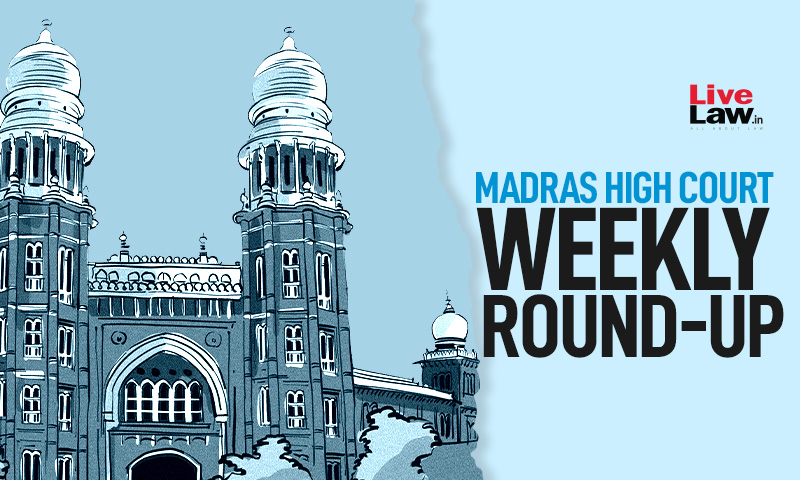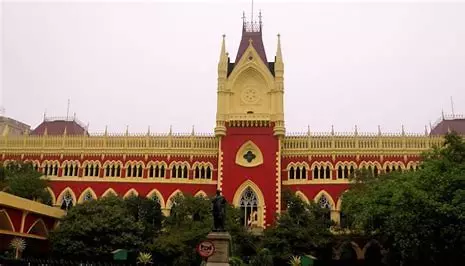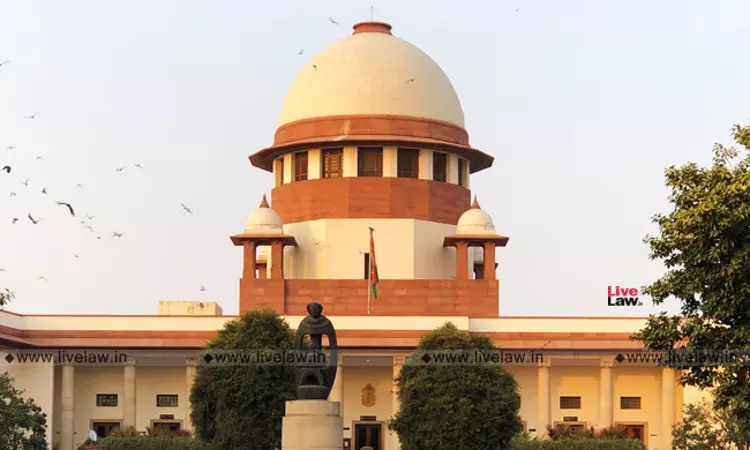CJI BR Gavai Calls Constitution A Living Document That Evolves With Changing Times

Thank you for reading this post, don’t forget to subscribe!
CJI Gavai said the Indian Constitution adapts to new challenges through amendments. He called it a “quiet revolution etched in ink” that empowers the marginalised.
Chief Justice of India Bhushan Ramkrishna Gavai recently described the Indian Constitution as a
“living, organic, and evolving document”
that keeps adapting according to the needs of society.
He said that the Constitution has been continuously changing through amendments to meet the demands of different generations and changing situations in the country.
Speaking at Edinburgh Law School on the topic “Constitution As An Evolving Document”, the Chief Justice said that in the past 75 years, many constitutional amendments have taken place to face new challenges and developments.
He explained how the Parliament and the judiciary have worked together to shape the Constitution over time.
In his speech, CJI Gavai said,
“As and when certain issues arose on account of the interpretation of the Constitution given by the Supreme Court, the Parliament has rose to the occasion, and has provided answers by way of amending the Constitution, so as to meet the changes of the new generations, the changes as demanded by the change in the circumstances.”
This quote highlights how Parliament has stepped in to make necessary changes in the law whenever certain constitutional interpretations created challenges.
ALSO READ: Justice BR Gavai Attributes Supreme Court Position to Dr. BR Ambedkar’s Legacy
According to the CJI, these amendments show how responsive the Indian system is to evolving public needs and realities.
Earlier, in another important speech at the Oxford Union in London on the theme
“From Representation to Realisation: Embodying the Constitution’s Promise”,
CJI Gavai had described the Constitution as
“a quiet revolution etched in ink”.
He spoke about how it is a strong and transformative force that not only protects fundamental rights but also uplifts communities who have faced discrimination in the past.
He added that the Constitution plays a very important role in making sure that all people, especially those from historically marginalised backgrounds, get justice, equality, and dignity.
To support his point, CJI Gavai referred to his own life journey. As the second Dalit and the first Buddhist to become the Chief Justice of India, his personal story reflects how the Constitution can empower the underprivileged.
His example shows how the ideals of representation and social justice, as promised by the Constitution, can be turned into real achievements.
Through education, equal opportunities, and a strong legal system, the Constitution has helped transform the lives of many individuals and communities across India.
Click Here to Read Our Reports on Ex_CJI Sanjeev Khanna






